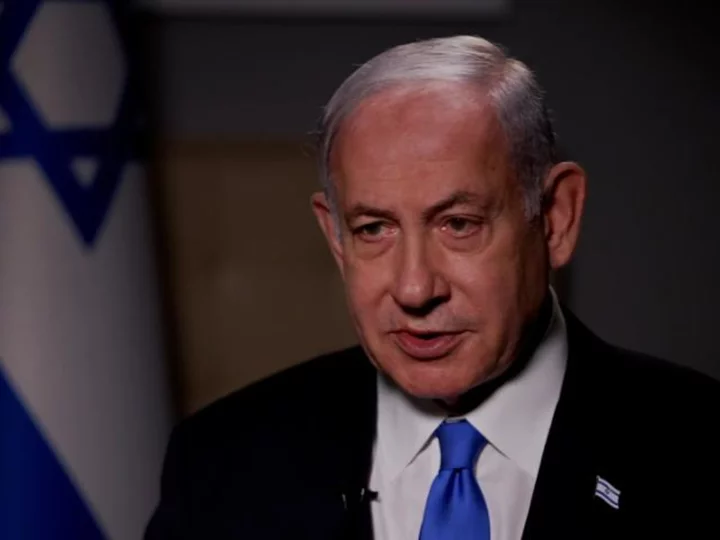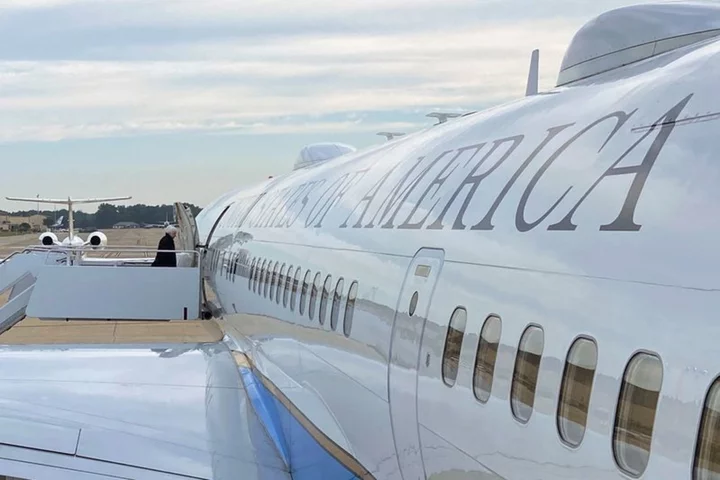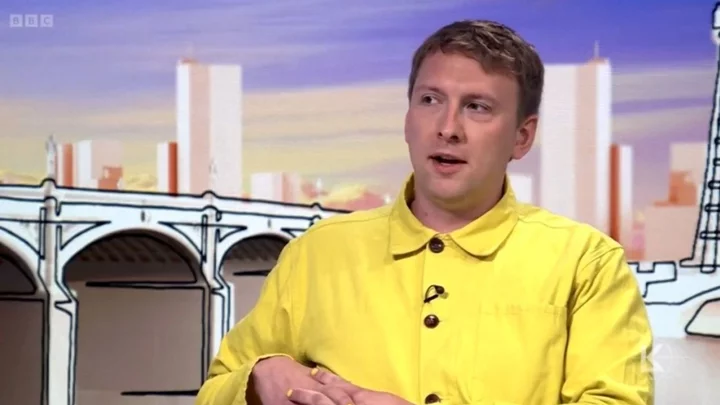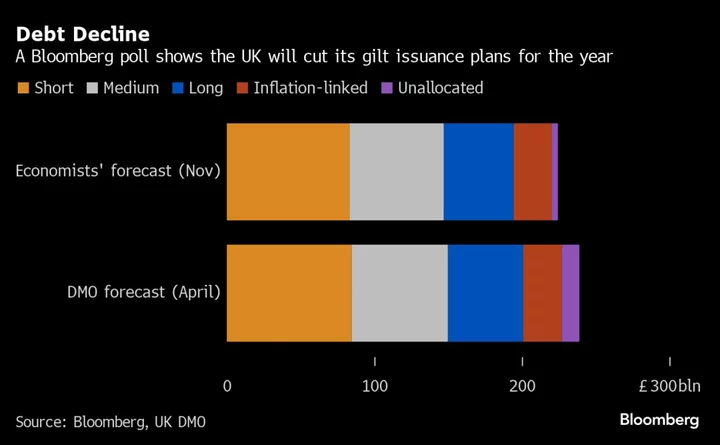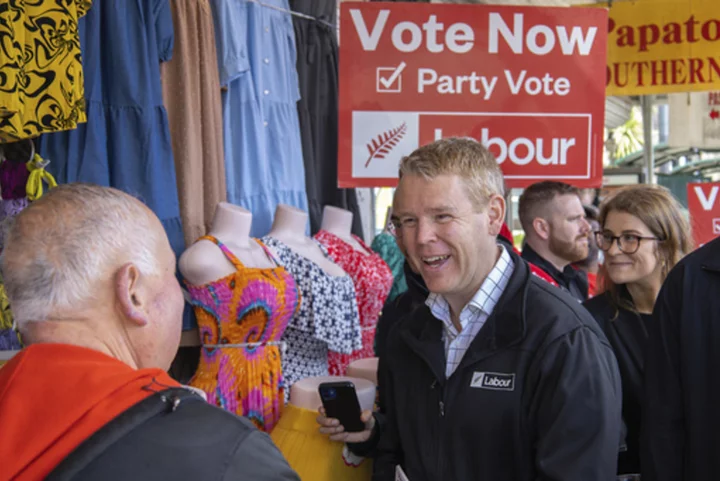Israeli Prime Minister Benjamin Netanyahu said it is "likely" Israel will reach a normalization agreement with Saudi Arabia, in what would mark a seismic foreign policy shift for both countries as they edge closer to reaching a deal mediated by the US.
Speaking to CNN's Kaitlan Collins in an interview on Friday, Netanyahu touted the potential pact as "a quantum leap" in the region.
It would "change the Middle East forever," he said -- bringing down "walls of enmity" and creating "a corridor of energy pipelines, rail lines, fiber optic cables, between Asia through Saudi Arabia, Jordan, Israel, and the United Arab Emirates."
The White House has been in talks with Riyadh for several months over the purported agreement to normalize relations between the two countries. Saudi Arabia, like many Arab states, does not currently recognize Israel; such a deal would have potential to enhance Israel's acceptance in the Muslim world, particularly considering Saudi Arabia's role as the custodian of Islam's holiest sites.
In 2002, Saudi Arabia proposed an "Arab Peace initiative" which offered Israel security and "normal relations" with 57 Arab and Muslim countries in exchange for its withdrawal from occupied Palestinian territories and the creation of an independent Palestinian state. But Israel rejected the initiative at the time.
This week, Saudi Arabia's Crown Prince Mohammed bin Salman said that a normalization pact with Israel would be "the biggest historical deal since the Cold War."
In an interview with Fox News, bin Salman added that he hopes the deal will "reach a place that will ease the life of the Palestinians" -- but stopped short calling for the establishment of an independent Palestinian state, which has been Riyadh's official stance for two decades.
Netanyahu has made tightening relations with Saudi Arabia a linchpin of his premiership, although it is unclear what kind of concessions toward Palestinians would be allowed by his right-wing coalition.
In his interview with Collins, Netanyahu said he believed Palestinians could "benefit" from the peace, and repeated a point made in his UN address, saying that he believed Palestinians should "become part of the process" -- but not wield the ability to veto it.
Speaking to the UN General Assembly in New York this week, Palestinian Authority President Mahmoud Abbas warned against trying to sideline his people's demands in any possible normalization agreement.
"Those who think that peace can prevail in the Middle East without the Palestinian people enjoying their full legitimate national rights would be mistaken," Abbas said at the UNGA.
Tensions in the region have skyrocketed in recent weeks, amid increased Israeli military raids on Palestinian cities in the occupied West Bank. Israel says the raids are intended to prevent or punish Palestinian militant attacks on Israeli civilians because the Palestinian Authority is failing in its security obligations.
The number of Palestinians and Israelis killed this year is on track to be the highest since the Second Intifada, or Palestinian uprising, two decades ago.

